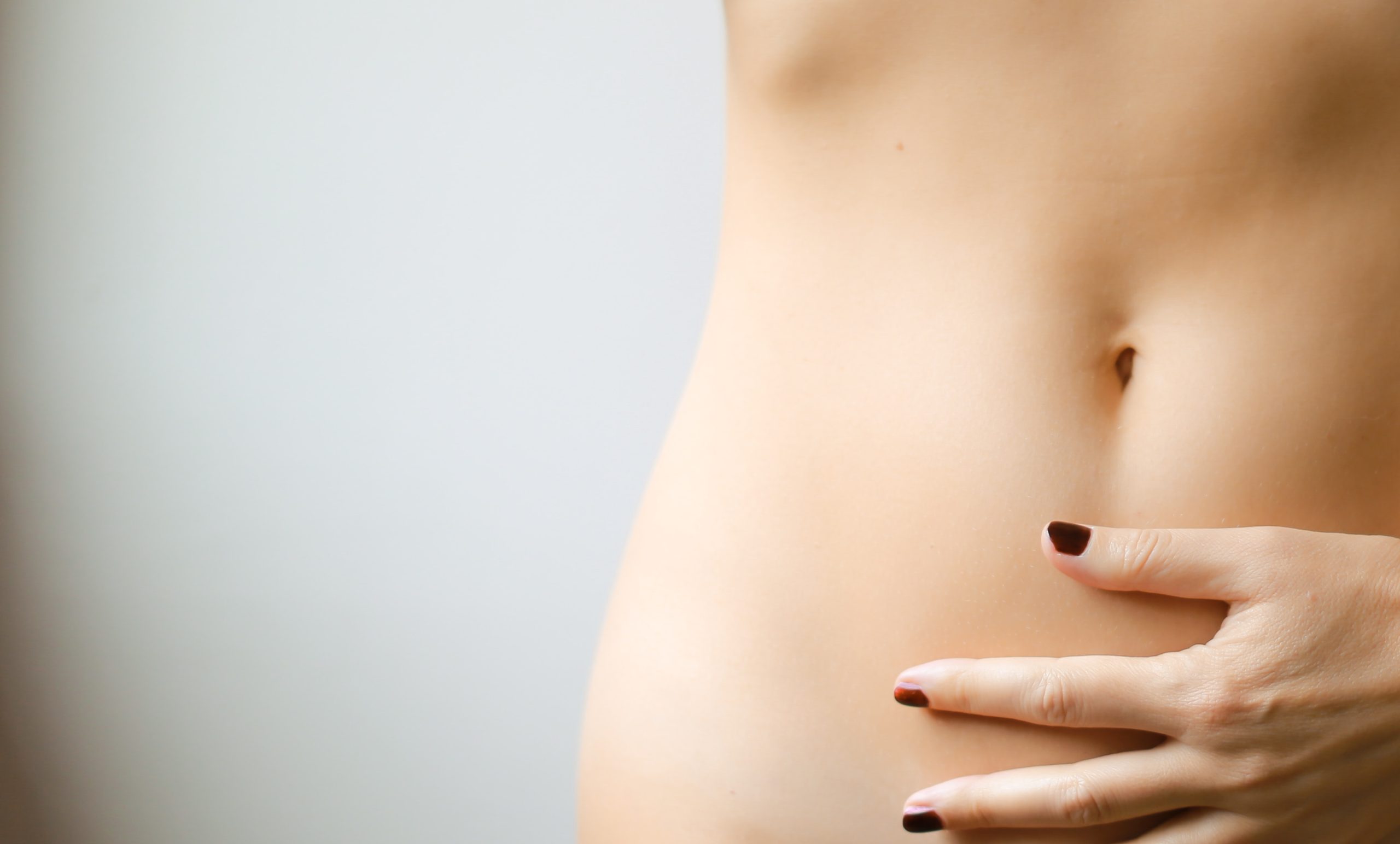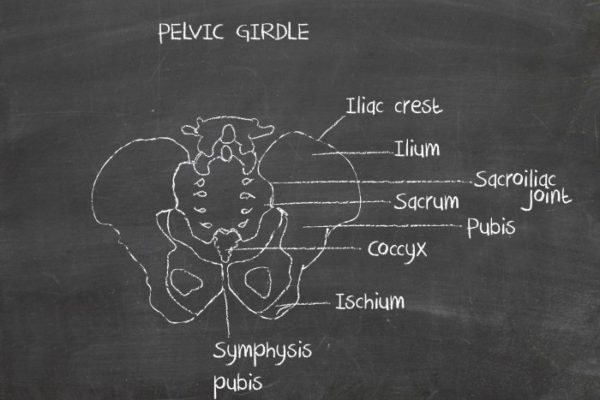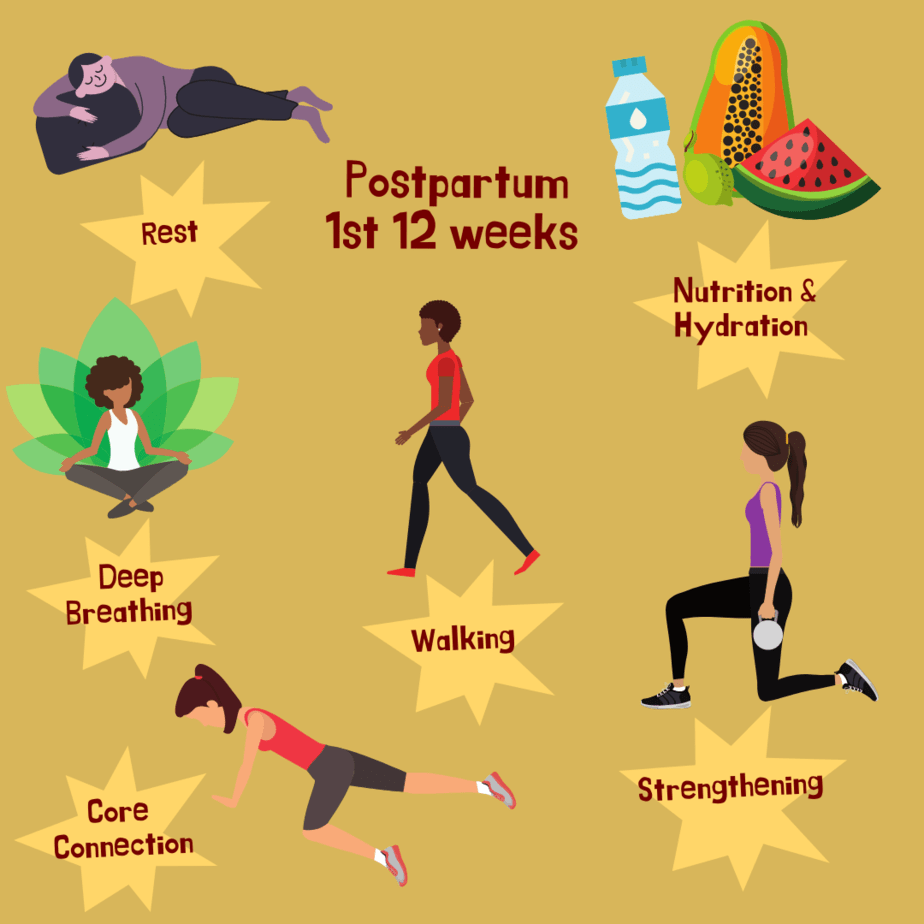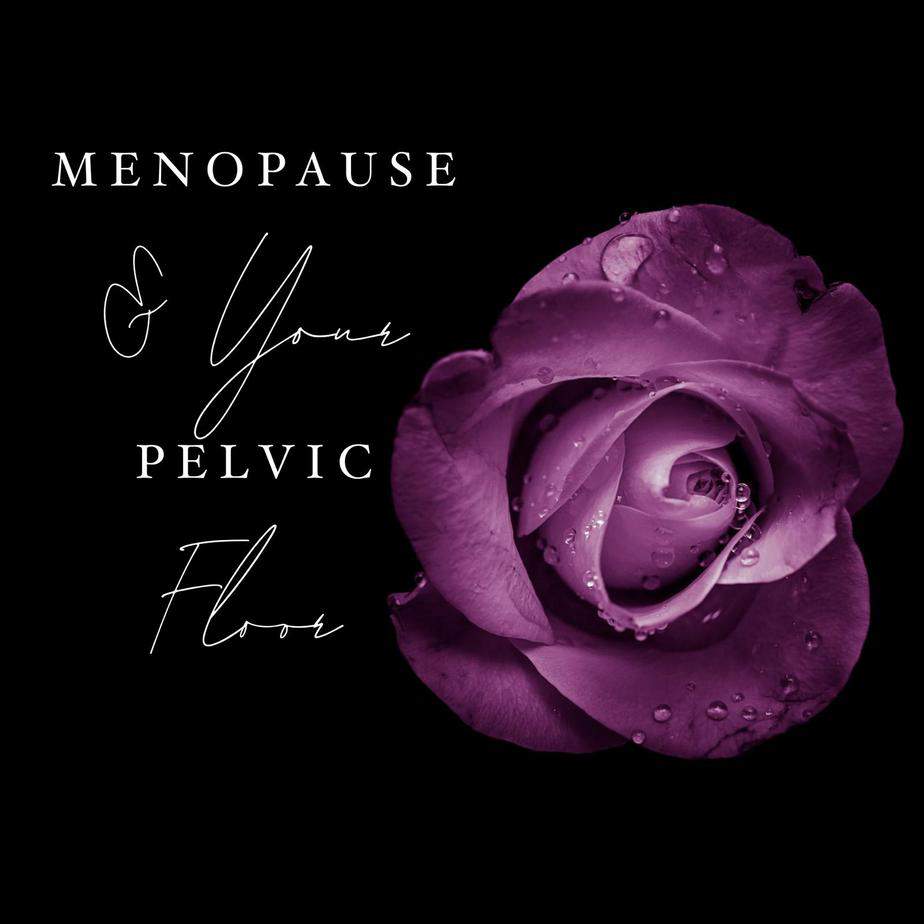Polycystic Ovary Syndrome (PCOS)
Polycystic Ovary Syndrome (PCOS) is a hormonal condition in which women of reproductive age have infrequent or prolonged menstrual periods or excess male hormone levels. The hormonal imbalance which occurs can affect ovulation and therefore fertility in women. PCOS is actually one the most common cause for female infertility. According to the World Health Organization…






